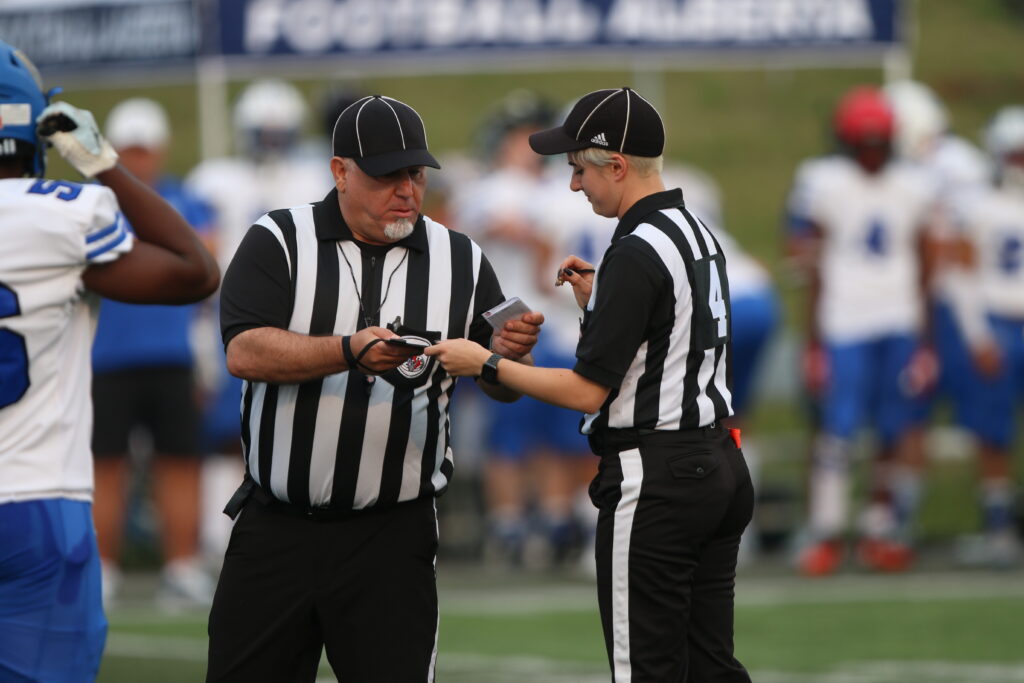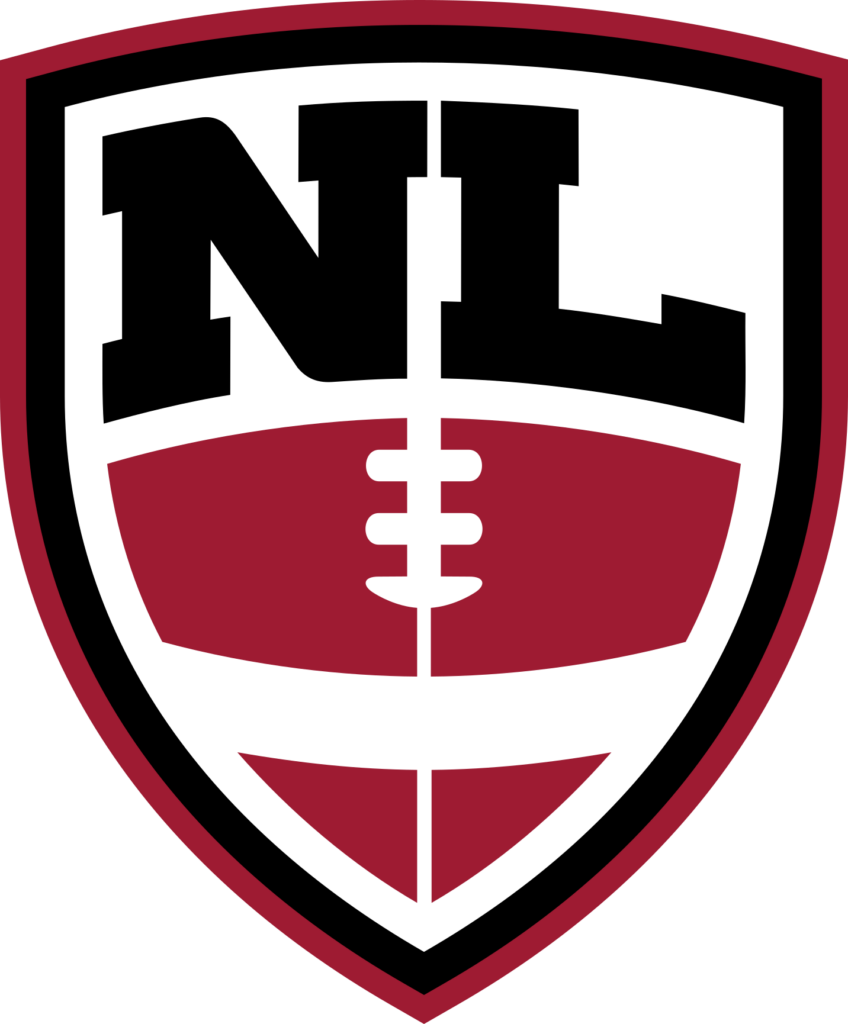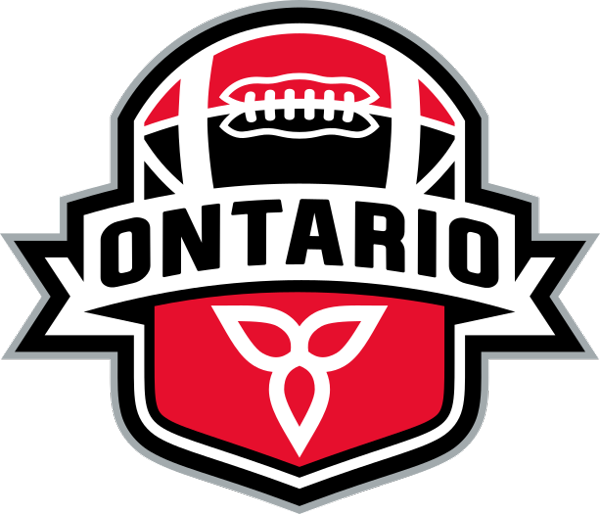Introduction
FCOCP training emphasizes the use of learning activities. To present learning activities well, the OD
must be more than a subject-matter expert. While knowledge of content is always of value, OD must
be equally skillful at guiding officials through learning activities that require critical thinking and
developing a group that is supportive of critical thinking.
To do this, the OD must perform three distinct, but related functions:
- Instructor
- Learning guide
- Moderator
The OD as Instructor
The OD must provide up-to-date and valid information. Without this injection of new ideas,
concepts, or thoughts, any attempt to stimulate critical thinking among officials may lead to a
rehashing of old ideas, reinforce incorrect concepts, and inhibit the process of critical thinking.
To be precise and concise in the presentation of information, an OD must be creative. Being creative
may include using:
- Introductions to learning activities
- Mini-lectures
- Reference material
- Official workbooks
- Videos
- Summaries at the end of activities
- Debriefs
While disseminating information may no longer be the dominant function of theOD, it is still a
critical function if officials are to think critically and develop the appropriate competencies.
The OD as Learning Guide
ODs must implement learning activities that allow officials to learn through a process of guided discovery. These learning activities must engage officials in a process of critical thinking (assessing the value of the material and relating it appropriately to their officiating context) and link directly to desired outcomes and the development of specified competencies. The OD guides the learning process by:
- Altering the sequence of learning activities to match the readiness of the group
- Providing detailed instructions for learning activities
- Intervening when the group misunderstands instructions
- Correcting officials when they misunderstand information
- Resolving conflict within the group
- Fully debriefing the learning activity
Guided discovery allows ODs to engage officials in the process of critical thinking and to help officials develop the skills needed to take even more responsibility for their own learning. As officials learn through the process of guided discovery, they become more confident in their ability to learn, and they develop skills they can use to guide their own and the group’s learning.
The OD as Moderator
The OD must assign officials to groups where officials support one another and the process of critical thinking. The learning activities the OD uses should do more than engage officials in critical thinking and help officials develop specified competencies. Rather, learning activities should lead to the development of desired behaviours — inquiry, collaboration, sharing, and collegiality — within the group.
The OD develops these desired behaviours by:
- Providing tasks that match the group’s readiness
- Providing tasks that support the development of desired behaviours
- Providing tasks that are appropriate for the group’s stage of development (see Stages of Group Development for descriptions of these stages (forming, storming, norming, and performing))
- Providing specific and positive feedback related to the group’s behaviours
- Sanctioning behaviours that are not supportive of the goals of critical thinking
- Altering the make-up of learning groups for specific tasks
Conclusion
For the most part, the functions of the OD in the FCOCP are like those of an official. Like the official, the OD must provide instruction and activities that help people develop their skills (outcomes, competencies). Also like the official, the OD must bring individuals together to form a cohesive unit whose members support one another.




